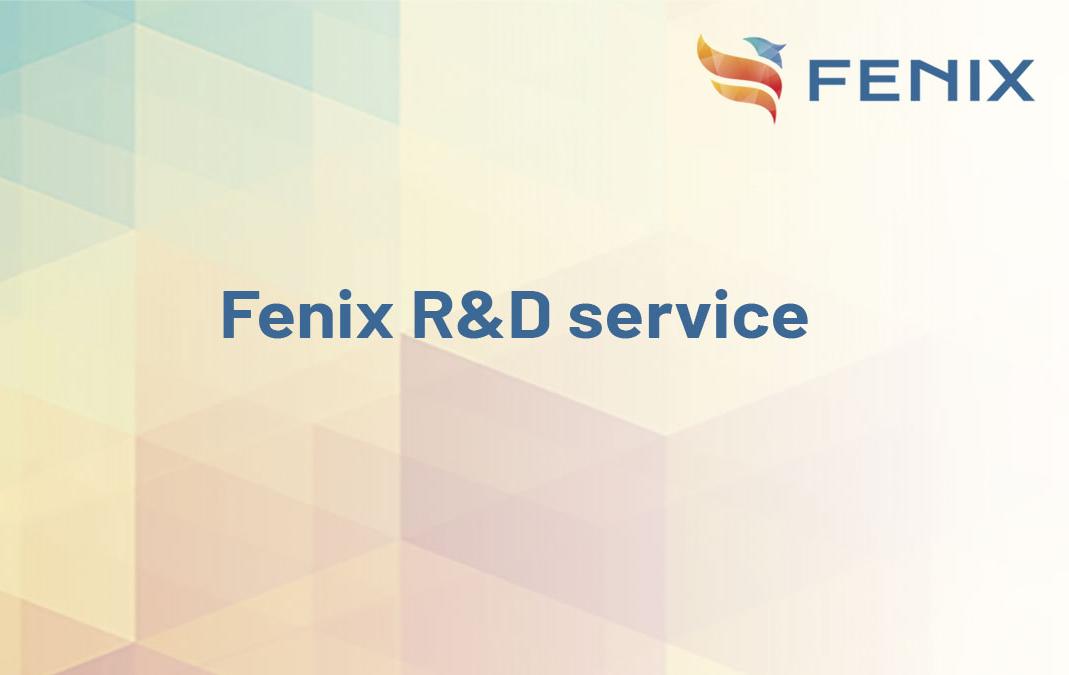
The interactive computing service provides an alternative approach to computational resources and is accessible via a web browser with an extended JupyterLab interface. The service is currently in pre-production on the CINECA Galileo 100 cluster and is accessible via web browser by all the users with an active project on the cluster (see here how to request resources from Fenix partners). The resources are provided with near-immediate access; thus, no queues are expected to start interactive computing sessions (in contrast to the traditional batch approach).
Workflows can be modified interactively while the simulation is running; the web interface helps in this regard, providing easy access to visualization tools to display intermediate results when needed and allowing to modify the workflow execution on the fly accordingly.
The web interface also represents a much more user-friendly approach with respect to the traditional command line interface; several tools are packed in different releases to both release more updated environments and maintain retrocompatibility keeping the older environments alive. Such tools currently include:
- Python environments
- R-based and C/C++-based kernels
- Visual Studio Code interface
- Web-based bash terminal
- SLURM web interface for batch jobs management
- Git repos integration
Additional Python-based environments can be added and customized directly by the user. Remote Desktop Visualization (VNC-based) and Julia-based kernels are also incoming with the next release of the framework.

Web interface running on a compute node
Web sessions can be easily restored when closed by accessing the service web URL once again (as long as the requested walltime is not reached).
The solution currently up and running involves a frontend layer running on the cloud, which is in charge to manage the resource allocation on a set of dedicated nodes (backend nodes) equipped with two GPUs.

Design of the infrastructure (frontend running on the cloud environment, interfaced with backend nodes in the cluster)
The framework is based on the GAIA suite from E4 engineering and developed in the context of the ICEI project to be at the disposal of every Fenix partner in case of future service deployment by any Fenix site.
Watch the recorded webinar below in order to learn more about this service (It will be available soon)
Downloaded the slides here: